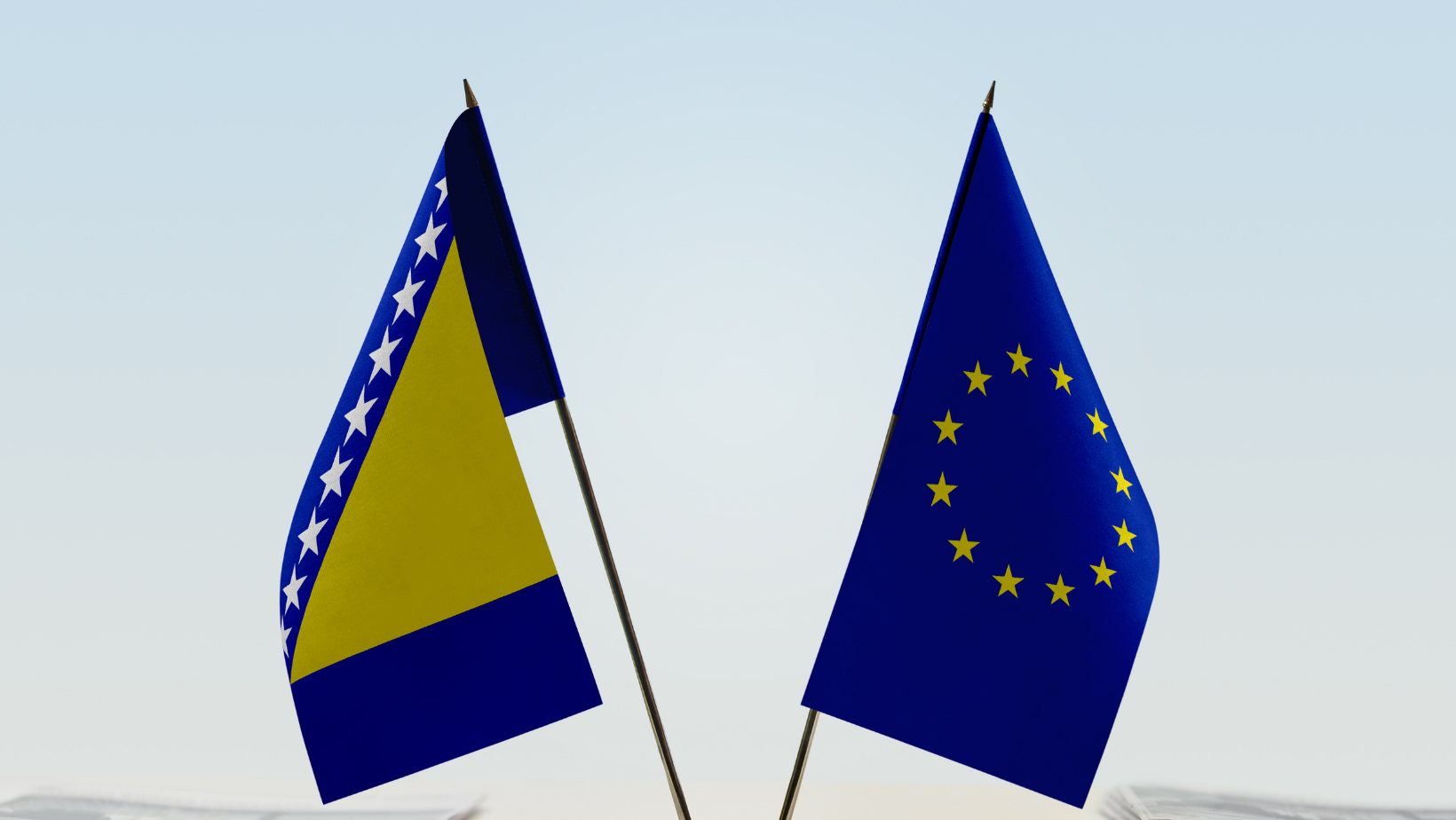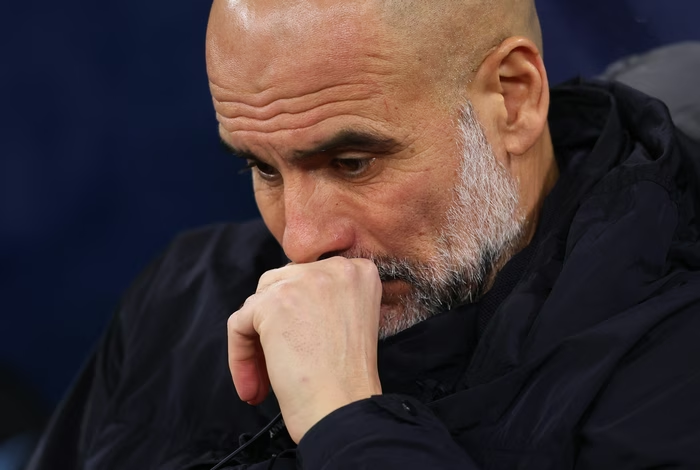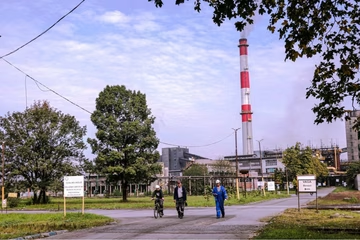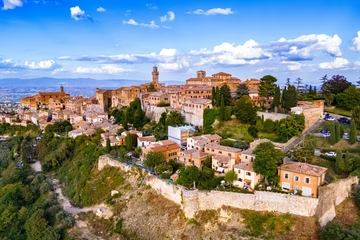
All European Union member states support enlargement to the Western Balkans, including Bosnia and Herzegovina, but some EU countries insist on the country showing progress in order to be given candidate status, and the Czech Republic which is presiding the EU also advocates this criterion.
In an interview with the Banja Luka Nezavisne Novine daily on Monday, Czech Ambassador to BiH, Ivana Hlavsova, said that it is clear that some EU members are advocating that BiH be granted EU candidate status immediately and without additional conditions, but the majority of EU countries are against such an approach and want BiH to implement at least part of the 14 priority reforms defined by the European Commission in 2019.
"The majority believes that BiH should make some progress before candidacy. The Czech Presidency and the EU Delegation in BiH, which is doing important work, will continue to remind local authorities how important it is to meet the conditions that we believe are achievable. We are saying that we need good news in order to be able to lead a fruitful discussion within the EU. We must have something to present, otherwise, it will be difficult to convince the EU that BiH should be given candidate status," said Hlavsova.
She did not state which countries were advocating unconditional granting of BiH's candidate status, but Croatian President Zoran Milanović was among the staunch advocates of such an approach, especially after Ukraine was awarded candidate status.
Ambassador Hlavsova also said that the position of the Czech Republic is that, after 27 years since the signing of the Dayton Agreement, the time has come to give a serious thought to changes to BiH's Constitution, which is an integral part of that document. The Czech Ambassador underscored that that document was aimed at stopping the war and was not intended to be a long-term arrangement for that country.
She recalled that BiH has not yet implemented five judgments of the European Court of Human Rights which confirmed discrimination of citizens in the electoral process based on their ethnicity or place of residence, and these anomalies, cannot be corrected without changing the constitution, said Hlavsova.
She confirmed that a summit of EU member states and the Western Balkans will be held in Prague on 6 and 7 October, to discuss an initiative by France, which wants to establish a European Political Community as a platform for dialogue between current EU members and countries that want to join it.
Ukraine, Moldova, Turkey, Georgia, Armenia and Azerbaijan have been invited to that summit along with the countries from the Western Balkans.
European Political Community's 1st summit to be attended by 17 non-EU members
The first summit of the European Political Community will take place in Prague on 6 October and will bring together representatives of the 27 European Union member states and of 17 non-members.
A source from the Union has confirmed that the invitation for the Prague meeting has been forwarded to Albania, Armenia, Azerbaijan, Bosnia and Herzegovina, Georgia, Iceland, Israel, Kosovo, Liechtenstein, Moldova, North Macedonia, Norway, Serbia, Switzerland, Turkey, Ukraine, and the United Kingdom.
The European Political Community is a new political grouping proposed by French President Emmanuel Macron.
Kakvo je tvoje mišljenje o ovome?
Učestvuj u diskusiji ili pročitaj komentare





 Srbija
Srbija
 Hrvatska
Hrvatska
 Slovenija
Slovenija



























































